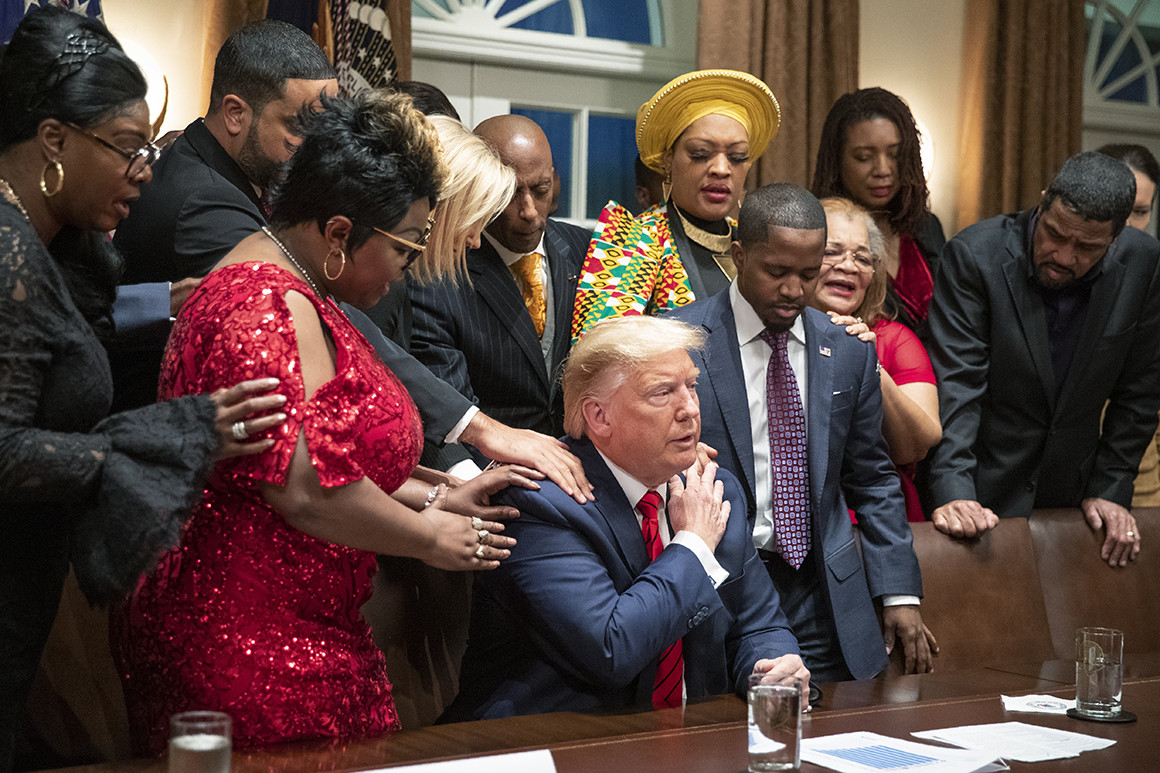(ThyBlackMan.com) From Black Panthers to black is beautiful to black pride, there is just one problem. African-Americans are not black. When we were children, we were taught the colors in the crayon box and the shade that most of us identified as brown matched our skin. Your shoes are black, but you are not the same color. Your car may be black, but you are not. You are brown, tan, dark brown or even light brown, but not black. Am I playing with words or telling you the facts? What I am saying may sound strange because you have been lied to for so long, but the mirror does not lie. Think about it as we examine where the labeling of our people as “black” comes from and why it’s important to know what color you are.
According to a study published in the Journal of Experimental Social Psychology, whites associate more negative connotations with the word “Black” than they do with the word “African-American”. Journal of Experimental Social Psychology, January, 2015, Vol.56:183-190
African-Americans are the only race or ethnic group on the planet who allow ourselves to be defined by color and that color to be decided by someone else. Africans, for example, are defined by their tribe and their country such as the Igbos who are Nigerian. It is also not likely that you will see an Indian calling himself red man, an Asian calling himself yellow man or a Mexican calling himself brown man. Yet we continue to accept a color that we are not, a color that brings with it a contradiction of what we see in the mirror. We must accept what we are but reject what we are not. Regardless of who labeled us, the label is wrong.
Show me a man who believes he is the same color as his black shoes and I will show you a man who either needs glasses, enlightenment or both. Don’t be in denial about deliberate labels. Labels shape perception, perception shapes expectation and expectation shapes actions.
Racial labels often define how social groups are perceived. Science Direct, January, 2015
From the North Atlantic slave trade until now, we have been labeled as niggers, blacks, slaves, negroes, coons, Afro-Americans, negroes again and finally African-Americans. And yes I am aware that the usage of the term began even before then. Nevertheless, what color are we? The term “black” has both negative denotations and connotations – and the people in this country knew it when they assigned that label to us. Apparently as so many of our people search for identity, those who have oppressed us have been “kind enough to help us out” by providing labels that bring negative denotations and negative perceptions. Being called black when you in fact are not labels us to be ostracized. Just as they did in the movie Malcolm X, look up the word “black” in the dictionary.
connotations – and the people in this country knew it when they assigned that label to us. Apparently as so many of our people search for identity, those who have oppressed us have been “kind enough to help us out” by providing labels that bring negative denotations and negative perceptions. Being called black when you in fact are not labels us to be ostracized. Just as they did in the movie Malcolm X, look up the word “black” in the dictionary.
Wikipedia defines “black” as “the color of coal, the result of the absence of or complete absorption of light. It is the opposite of white and often represents darkness in contrast with light”. Does this describe you? No it does not. Now look up the definition of “white”. When African-Americans were treated as 2/3 of a man, white supremacists wanted to create as big of a contrast between us and them as possible – and it caught on.
To manipulate a person to do something under the threat that you will use something you have or know against him is called “blackmail”. Wow, I am surprised that it is not spelled “black male”. To spread a negative reputation about someone which causes him/her to be banned in certain areas is called “blacklisting” or “blackballing”. A “blackboard” seems to be nothing until white chalk is used to give it purpose. Coincidence? I don’t think so but let’s look at more examples. A “black” cat is considered menacing and evil. To buy something on the “black market” is not considered a legal action.
People often wear black to a funeral, thus black is equated with suffering and loss. Witches and occultists commonly wear black, and even though priests and nuns wear black as well, wait until you find out why. And black clothing is worn daily by many people to make them look thinner. But surprisingly this simply implies that black hides what is really there, tricks the eyes and deceives. Am I reaching or are these all facts? WHEN YOU WAKE UP TO THE IDENTITY OF WHO AND WHAT YOU ARE, YOU WILL NOT ALLOW OTHERS TO CALL YOU WHAT YOU ARE NOT. Nor will you make excuses for the lies you have been told.
Staff Writer; Marque-Anthony




















We can change the name we want to be called by (Negro, Colored, African American, Black American) every day as long as we can get enough people to agree with the new name. No matter what we change it to, we can’t get away from the fact that we are black people. Identifying with being Black has little to do with color, it has to do with your state of mind. The black men I know are smart, educated, have hopes, have dreams, have love and respect for others and is protective of the Black Family.
Ahhhh there we go. Now i slighty respect you more. This is gold, your other “articles” are crap( you know which ones)
Arthur, I think you missed the entire point. I am simply saying the origin of many if not most of our people is of African descent. Look up “black” in the dictionary and see what it says. Also compare your black shoes to your skin. YOU ARE NOT BLACK and that is a fact. The stigmatism that goes along with being called black was deliberate. When you understand why, you will understand the purpose of what I wrote. WAKE UP PLEASE WAKE UP
Great points,furthermore ANY label can be detrimental to the perception of the “black” man or “African-American” man. We must strive to be treated like “full” human beings with thoughts,emotions, and differences of opinion. When we advocate being labeled one thing in a land predicated on “perception based labeling” emotions are attached to whatever you want to call the individual.Our history here in the states has laid a foundation of false perception.We must crack that very foundation. I will agree being called black is less cringe worthy,but that is just what it is less cringe worthy. I advocate our roots empowering positive actions towards each other first.
I don’t know any “African americans”, either…..I’m a Black American…never been to Africa.